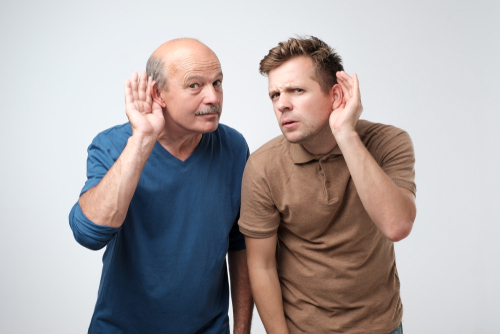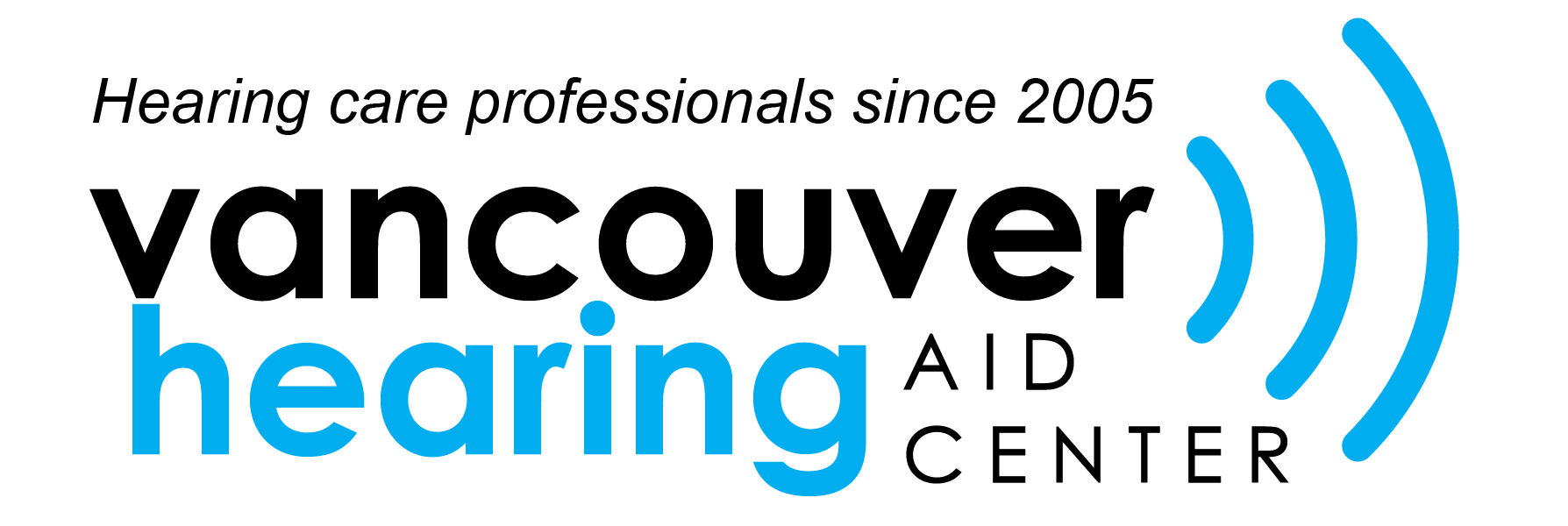
Living with hearing loss can present unique challenges in communication, both for the individual with the hearing loss and for those around them. It’s important to be mindful of how we communicate with people who have hearing loss in order to ensure effective and inclusive interactions. In this blog post, we will discuss some tips for communicating effectively with people who have hearing loss, whether they use hearing aids, cochlear implants, or other assistive devices.
Understanding Hearing Loss
Before diving into communication tips, it’s important to have a basic understanding of hearing loss and how it can impact communication. Hearing loss can vary in severity and can affect different frequencies of sound. Some individuals may have difficulty hearing high-pitched sounds, while others may struggle with low or mid-range frequencies. Understanding these nuances can help you tailor your communication approach to better accommodate the individual’s specific hearing needs.
Speak Clearly and Face the Person
When communicating with someone who has hearing loss, it’s important to speak clearly and enunciate your words. Avoid mumbling or speaking too quickly, as this can make it difficult for the individual to follow the conversation. Additionally, facing the person directly can help them lip-read and pick up on facial expressions and visual cues that may aid in understanding. Making eye contact and maintaining a clear line of sight can also help create a more interactive and engaging conversation.
Reduce Background Noise
Background noise can be particularly disruptive for individuals with hearing loss, making it challenging for them to focus on the conversation at hand. When possible, try to minimize background noise by moving to a quieter location or turning off unnecessary distractions, such as the television or radio. Creating a quiet and conducive environment can help the individual with hearing loss better discern speech sounds and improve communication clarity.
Use Gestures and Visual Cues
In addition to verbal communication, incorporating gestures and visual cues can enhance understanding for individuals with hearing loss. Simple gestures, facial expressions, and body language can help convey meaning and supplement spoken words. For example, pointing to an object or using hand signals to indicate a topic of conversation can provide additional context and make communication more effective. Visual cues can help bridge the gap in understanding and make the conversation more interactive and engaging.
Rephrase Instead of Repeat
When the individual with hearing loss is having difficulty understanding something, it’s often more helpful to rephrase the sentence or statement rather than simply repeating it word for word. Rephrasing can provide a fresh perspective and offer alternative wording that may be easier to comprehend. It’s also helpful to break down complex or lengthy sentences into shorter, more manageable phrases to aid in comprehension. By adapting your language and communication style, you can facilitate better understanding and promote more effective communication.
Be Patient and Listen
Patience is key when communicating with someone who has hearing loss. It’s important to allow the individual time to process information and respond thoughtfully. Avoid interrupting or finishing their sentences, as this can be frustrating and disruptive to the conversation. Instead, practice active listening and demonstrate empathy and understanding. Show your willingness to communicate effectively by being patient, attentive, and receptive to the individual’s needs and preferences.
Ask for Feedback and Clarification
It’s perfectly acceptable to ask for feedback and clarification during conversations with someone who has hearing loss. If you’re unsure whether the individual understood something you said, don’t hesitate to ask for confirmation or clarification. Encouraging open communication and feedback can help bridge any gaps in understanding and ensure that the conversation remains clear and effective. By actively seeking input and feedback, you can demonstrate your commitment to effective communication and foster a more inclusive and supportive interaction.
Use Assistive Devices and Technology
Assistive devices and technology can be valuable tools for enhancing communication with individuals who have hearing loss. Hearing aids, cochlear implants, and other assistive devices can improve the individual’s ability to hear and understand speech. Additionally, there are various communication apps and devices available that can facilitate better communication, such as speech-to-text apps, amplified phones, and captioned telephones. These tools can help bridge communication barriers and make interactions more accessible and inclusive for all parties involved.
Educate Yourself and Others
Lastly, it’s important to educate yourself and others about hearing loss and effective communication strategies. By increasing awareness and understanding of hearing loss, you can promote empathy, inclusivity, and respectful communication. Encourage family members, friends, coworkers, and others in your community to learn more about hearing loss and how to effectively communicate with individuals who have hearing loss. By working together to create a supportive and inclusive environment, we can all contribute to better communication and stronger connections with those who have hearing loss.
Summary
Communicating effectively with people who have hearing loss requires patience, empathy, and a willingness to adapt. By implementing these tips and strategies, you can create a more inclusive and supportive communication environment that fosters understanding and connection. Remember to speak clearly, reduce background noise, use visual cues, be patient and listen actively, and utilize assistive devices and technology when needed. By prioritizing effective communication and making it a shared responsibility, we can all contribute to more inclusive and accessible interactions with individuals who have hearing loss.
Need a Hearing Aid Center in Vancouver, WA?
Established in 2005, Vancouver Hearing Aid Center is a full-service hearing aid store located in Vancouver, Washington. At our location, we provide in-store repairs, sales, evaluations, fittings, consultations, and exams. We also providers of LNI, TRU, and Managed Care. Finding the right hearing professional to care for your hearing health is an important step in getting the assistance you need, and we’re excited to be a part of your journey! 40 + yrs in service. Drop by or give us a call today!

